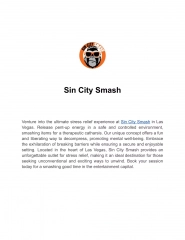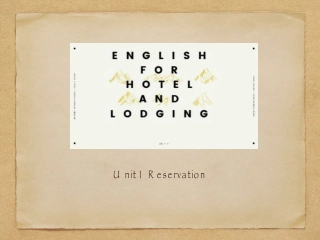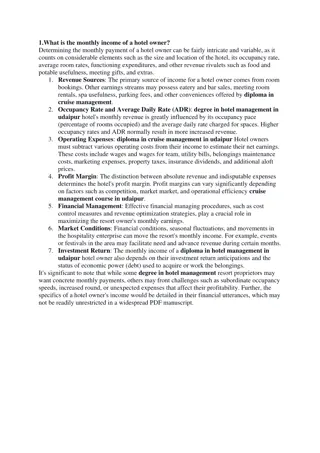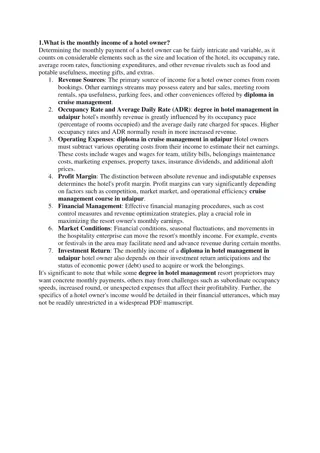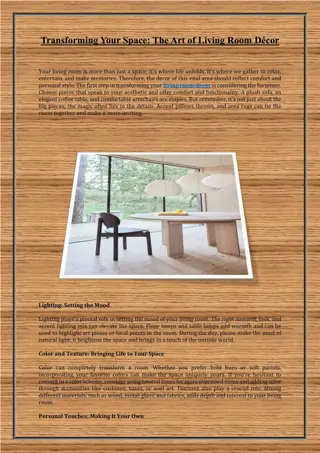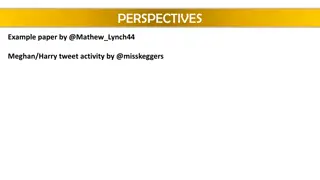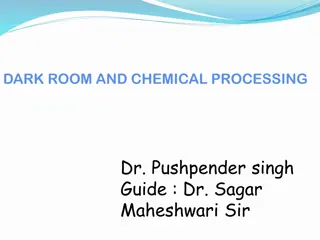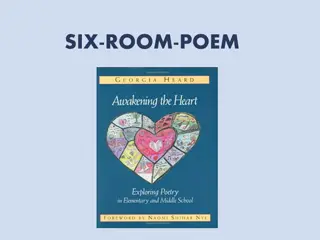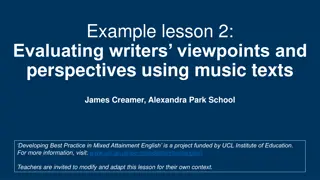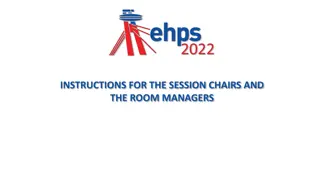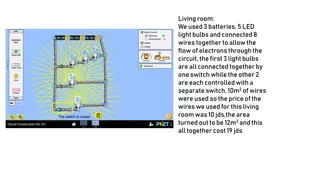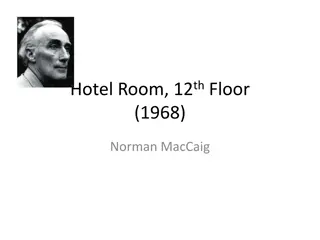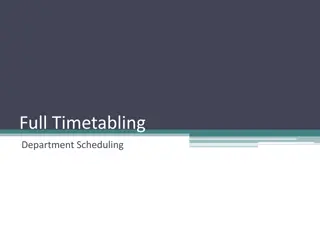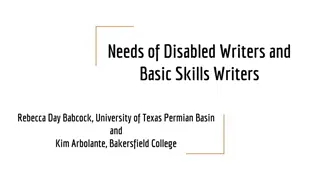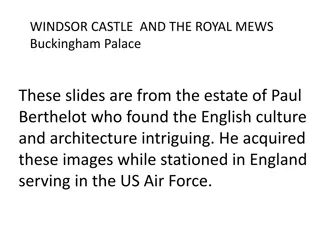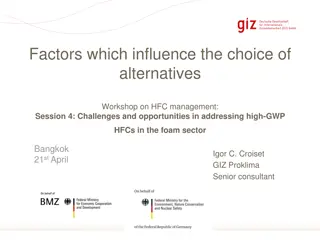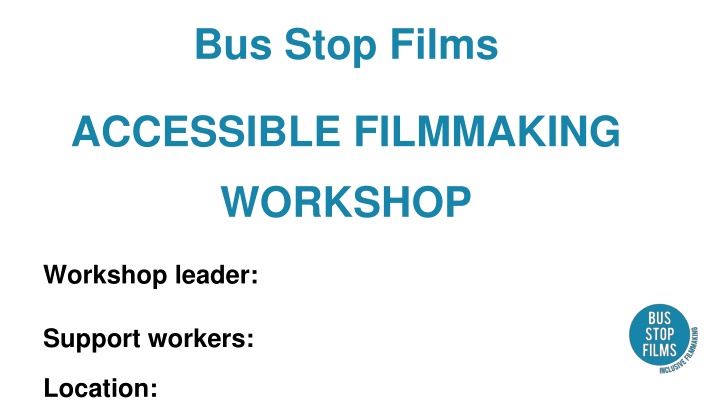
Accessible Filmmaking Workshop for Inclusive Storytelling
Join the Accessible Filmmaking Workshop led by Bus Stop Films to collaborate on scriptwriting, develop characters, and explore creative storytelling. Dive into your Writers Room roles and embrace a respectful and inclusive creative process. Discover workshop etiquette, social connections, and today's filmmaking goals in a welcoming environment.
Download Presentation

Please find below an Image/Link to download the presentation.
The content on the website is provided AS IS for your information and personal use only. It may not be sold, licensed, or shared on other websites without obtaining consent from the author. If you encounter any issues during the download, it is possible that the publisher has removed the file from their server.
You are allowed to download the files provided on this website for personal or commercial use, subject to the condition that they are used lawfully. All files are the property of their respective owners.
The content on the website is provided AS IS for your information and personal use only. It may not be sold, licensed, or shared on other websites without obtaining consent from the author.
E N D
Presentation Transcript
Bus Stop Films ACCESSIBLE FILMMAKING WORKSHOP Workshop leader: Support workers: Location:
Acknowledgement of Country I begin by acknowledging the Traditional Custodians of all the lands on which we meet today. I pay my respects to Elders past and present. I pay my respect to all Aboriginal and Torres Strait Islander peoples.
Social Connection Share something about your week in the style of a scene heading / slugline. Example: If you went to a cafe for a coffee one morning, you would share: Interior - Cafe - Day.
Todays filmmaking goals In the Writer s Room 1. To review the writer s room from last week. 2. To continue to write the script as a collective. Action: Dialogue: Feedback: What is happening in the scene. Speaking, captions or signing in the scene. Giving praise and ideas for changes.
Get into your Writers Room Roles The Writer s Assistant is to take notes when ideas are discussed. You can also brainstorm and research ideas. Writer s Assistant The Script Coordinator reads and checks for errors. You also make sure the story, characters, and locations, fit and make sense. Script Coordinator The Staff Writer develops the story. Your job is also to develop the character arc (how the character s develop) during the story. Staff Writer Story Editor The Story Editor s role is to develop the story and give feedback on the ideas coming in from the other writers. The Writer s Room Co-Producer thinks about casting ideas, production design ideas, and the creative direction of the film. Writer s Room Co-Producer
Writers Room - Roles We are working in roles for the writing room activities. This is to make the process realistic to industry. It also helps us to organise ourselves. You do not need to feel limited by your role. Everyone can make suggestions and share ideas.
Being in a writers room Be respectful of everyone s ideas Make sure everyone gets a go The creative process needs brave people to Give thinking time. share ideas. Welcome other people s ideas Use think, pair, share activities. even if they are different from yours. Go around the room so everyone can share. Try not to become attached to ideas Try not to take rejection personally The creative process is iterative. That means If you have a great idea and it doesn't make it we edit and change it until it works best for into the final script, do not take it personally. the story. You can use the idea in something else.
Our writing approach OPTION 2 OPTION 1 Write together as a group. Divide the group into 3. Focus on working in our writer s Each group creates 1 scene room roles. each. Review and edit as a whole Review and edit as a whole group. group.
In the writing room Writing isn t boring. Remember you can: Act it out. Improvise dialogue in pairs or threes. Brainstorm, make notes, add dialogue, review. Take a time out if you need to reset for a minute.
Workshop reflection How was working in a professional writer s room? What went well? What will help us for the next workshop?

